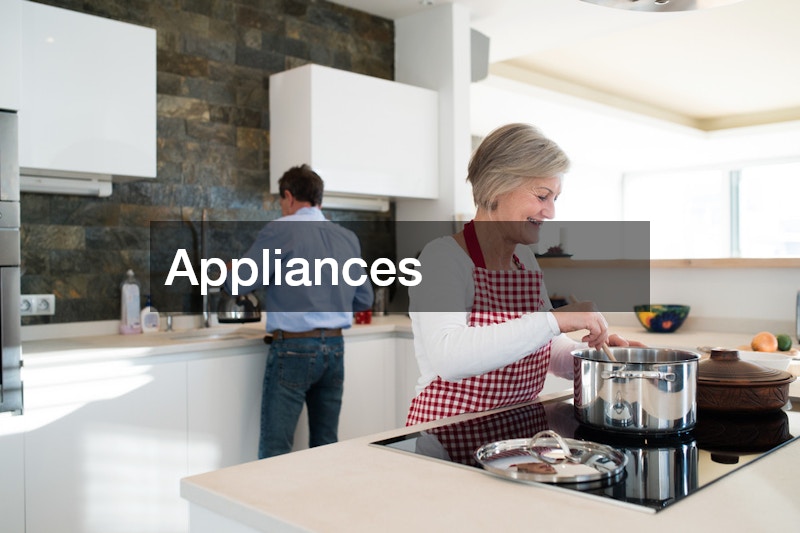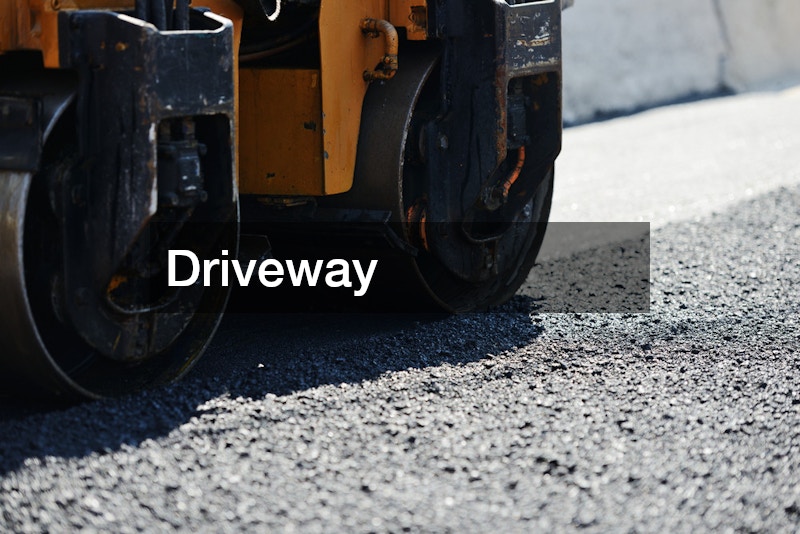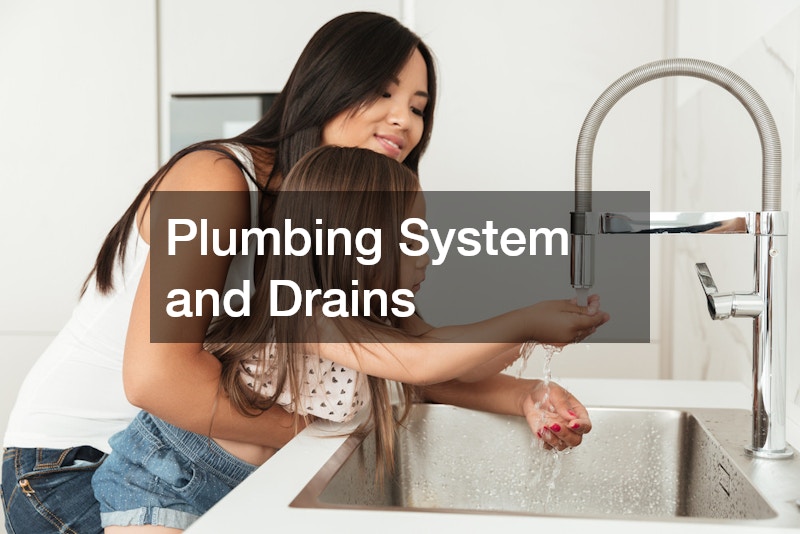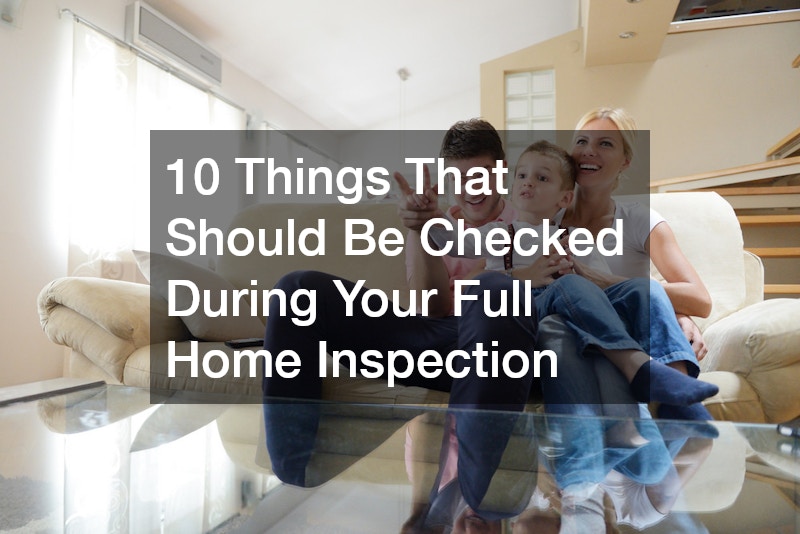When undergoing a full home inspection, there are several key areas that should be thoroughly examined to ensure the safety and functionality of your home. From appliances to the roof, each component plays a crucial role in the overall integrity of your property. Let’s dive into the top 10 things that should be checked during your full home inspection.
Firstly, it’s essential to understand that a home inspection is not just a routine check but a comprehensive evaluation of your property’s condition. Inspectors will assess everything from the foundation to the electrical systems to identify any potential issues that could affect the safety and value of your home. This process helps in uncovering hidden problems that may not be immediately visible but could lead to significant repairs if left unaddressed.
Additionally, a thorough home inspection provides valuable insights for both current homeowners and prospective buyers. For sellers, it’s an opportunity to address any issues before listing the property, potentially increasing its market value. For buyers, it offers a clear understanding of the property’s condition and helps in making informed decisions about their purchase. Overall, a detailed inspection ensures that all aspects of your home are functioning correctly and can prevent costly surprises down the road.
1. Appliances

One of the first things that should be evaluated during a full home inspection is the condition of your appliances. From refrigerators to dishwashers, these appliances play a vital role in everyday living. It’s essential to ensure that all appliances are in good working order and are safe to use. In some cases, you may need to hire licensed microwaves to assess and repair any issues.
During the inspection, the inspector will check for any signs of wear and tear, as well as test the functionality of each appliance. This includes testing the temperature of the refrigerator, running a cycle on the dishwasher, and checking the settings on the stove. Any issues that are identified should be addressed promptly to avoid any potential safety hazards or costly repairs in the future.
By thoroughly inspecting your appliances during a full home inspection, you can ensure that everything is in proper working order and prevent any unexpected breakdowns. This will not only provide you with peace of mind but also help you maintain the value of your home in the long run.
2. Roof
Another critical component that should be carefully examined during a full home inspection is the roof. The roof is your home’s first line of defense against the elements and plays a crucial role in keeping your property dry and safe. It’s vital to check for any signs of damage or wear, as well as to ensure that the roof is structurally sound.
If the inspector identifies any issues with the roof, such as missing shingles or leaks, it may be necessary to consider roof replacement. Roof replacement can be a significant investment, but it is essential for maintaining the overall integrity of your home. By addressing any roofing issues promptly, you can prevent further damage and ensure the longevity of your roof.
During the inspection, the inspector will also check for proper ventilation and insulation in the attic, as well as assess the condition of the flashing and gutters. These components are essential for the overall health of your roof and should be inspected regularly to prevent any potential issues.
3. Door Locks
When conducting a full home inspection, it’s crucial to assess the condition of the locks on your doors. Door locks are a vital component of home security and play a significant role in keeping your property safe. It’s essential to check that all locks are in good working order and are secure.
If the inspector identifies any issues with the door locks, such as loose screws or broken mechanisms, it may be necessary to repair or replace them. This will help ensure that your home is well-protected and that you have peace of mind knowing that your property is secure.
In some cases, you may need to hire locksmith services to assess and repair any issues with your door locks. Locksmith services can help ensure that your locks are properly functioning and provide you with additional security measures to protect your home and family.
4. Driveway

The driveway is another key component that should be inspected during a full home inspection. The condition of your driveway can impact the overall curb appeal of your home as well as its functionality. It’s essential to check for any cracks, potholes, or damage that may need to be addressed.
If the inspector identifies any issues with the driveway, you may need to hire paving contractors to assess and repair the damage. Paving contractors can help restore your driveway to its original condition and ensure that it is safe to use. This can help enhance the overall appearance of your home and improve its value.
During the inspection, the inspector will also check for proper drainage around the driveway to prevent water accumulation and erosion. Proper drainage is essential for maintaining the longevity of your driveway and preventing any potential issues in the future.
5. Chimney
During a full home inspection, it’s essential to evaluate the condition of your chimney. The chimney plays a crucial role in venting smoke and gases from your fireplace and should be properly maintained to ensure its safety and functionality. It’s essential to check for any signs of damage or wear that may need to be addressed.
If the inspector identifies any issues with the chimney, such as cracks or deterioration, it may be necessary to consider chimney repair. Chimney repair can help restore the structural integrity of the chimney and prevent any potential safety hazards. By addressing any chimney issues promptly, you can ensure that your fireplace is safe to use and functioning properly.
During the inspection, the inspector will also check for proper ventilation and clearances around the chimney to prevent any potential fire hazards. Proper ventilation is essential for maintaining the safety of your home and should be inspected regularly to ensure that your chimney is in good working order.
6. Plumbing System and Drains

Another essential component that should be evaluated during a full home inspection is the plumbing system and drains. The plumbing system is responsible for delivering clean water to your home and removing wastewater efficiently. It’s vital to check for any leaks, clogs, or other issues that may impact the performance of your plumbing system.
If the inspector identifies any issues with the plumbing system, such as leaky pipes or slow drains, it may be necessary to hire drain cleaning services to assess and repair the problem. Drain cleaning services can help clear any clogs and eliminate any buildup that may be causing issues with your plumbing system. This will help ensure that your plumbing system is operating efficiently and prevent any potential water damage in your home.
During the inspection, the inspector will also check for proper water pressure and assess the condition of faucets, fixtures, and water heaters. These components are essential for the overall functionality of your plumbing system and should be inspected regularly to prevent any unexpected issues.
7. Septic System
If your home has a septic system, it’s crucial to have it inspected during a full home inspection. The septic system is responsible for removing wastewater from your home and should be properly maintained to prevent any potential issues. It’s essential to check for any signs of damage or leaks that may need to be addressed.
If the inspector identifies any issues with the septic system, it may be necessary to hire septic services to assess and repair the problem. Septic services can help ensure that your septic system is functioning properly and prevent any potential backups or contamination. By maintaining your septic system regularly, you can avoid costly repairs and ensure the longevity of the system.
During the inspection, the inspector will also check for proper drainage around the septic system and assess the condition of the tank and components. These components are essential for the overall functionality of your septic system and should be inspected regularly to prevent any potential issues.
8. Fireplace

Another critical component that should be examined during a full home inspection is the fireplace. The fireplace provides warmth and ambiance to your home and should be properly maintained to ensure its safety and functionality. It’s essential to check for any signs of damage or wear that may need to be addressed.
If the inspector identifies any issues with the fireplace, such as a damaged flue or cracks in the chimney, it may be necessary to consider gas fireplace installation. Gas fireplace installation can help enhance the efficiency and safety of your fireplace and provide you with a clean and convenient heating source. By upgrading to a gas fireplace, you can enjoy the benefits of a cozy fire without the hassle of wood-burning.
During the inspection, the inspector will also check for proper ventilation and clearances around the fireplace to prevent any potential fire hazards. Proper ventilation is essential for maintaining the safety of your home and should be inspected regularly to ensure that your fireplace is in good working order.
9. Water Heater
During a full home inspection, it’s essential to assess the condition of your water heater. The water heater is responsible for providing hot water to your home for bathing, cooking, and cleaning. It’s vital to check for any leaks, corrosion, or other issues that may impact the performance of your water heater.
If the inspector identifies any issues with the water heater, such as rusty components or a malfunctioning thermostat, it may be necessary to hire water heater repair services to assess and repair the problem. Water heater repair services can help restore the functionality of your water heater and prevent any potential leaks or malfunctions. By addressing any water heater issues promptly, you can ensure that you have a reliable source of hot water in your home.
During the inspection, the inspector will also check for proper insulation and assess the condition of the tank and components. These components are essential for the overall functionality of your water heater and should be inspected regularly to prevent any unexpected issues.
10. Generator
If your home has a generator, it’s crucial to have it inspected during a full home inspection. A generator provides backup power in case of a blackout or emergency and should be properly maintained to ensure its functionality. It’s essential to check for any signs of damage or wear that may need to be addressed.
If the inspector identifies any issues with the generator, such as a faulty starter or worn-out components, it may be necessary to consider generator installation. Generator installation can help ensure that your generator is ready to provide backup power when needed and prevent any potential issues during a blackout. By investing in a generator, you can have peace of mind knowing that your home will have power even in the event of an emergency.
During the inspection, the inspector will also check for proper ventilation and fuel supply to the generator to ensure that it is operating safely and efficiently. Proper maintenance is essential for the longevity of your generator and should be conducted regularly to prevent any unexpected breakdowns or malfunctions.
Final Thoughts
A full home inspection is a crucial step in maintaining the safety and functionality of your property. By thoroughly examining appliances, the roof, door locks, driveway, chimney, plumbing system, septic system, fireplace, water heater, and generator, you can ensure that your home is in good working order and prevent any potential issues. It’s essential to address any problems identified during the inspection promptly to avoid any safety hazards or costly repairs in the future. By investing in a full home inspection, you can have peace of mind knowing that your home is well-maintained and safe for you and your family.
Regular home inspections can be a proactive way to maintain the longevity and value of your property. As homes age, wear and tear are inevitable, but early detection of issues can save you from more extensive and expensive repairs down the line. Whether you are preparing to sell your home or simply want to ensure everything is in top condition, a comprehensive inspection offers the assurance that your property remains a safe and comfortable environment for years to come.
